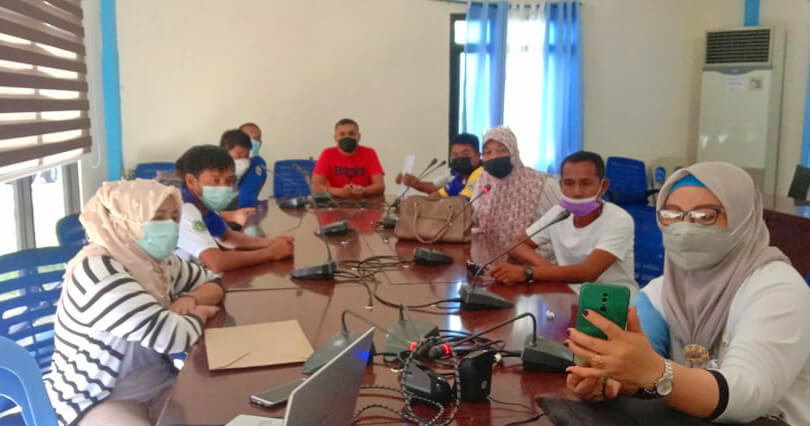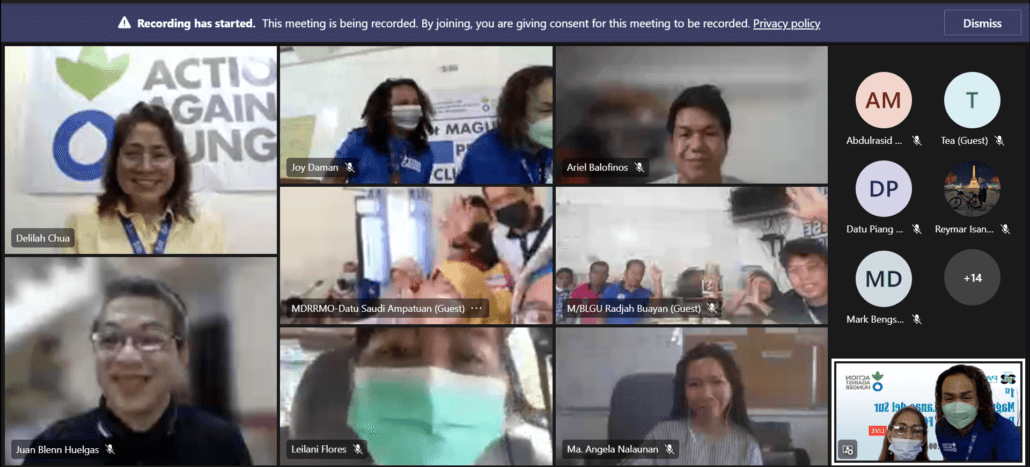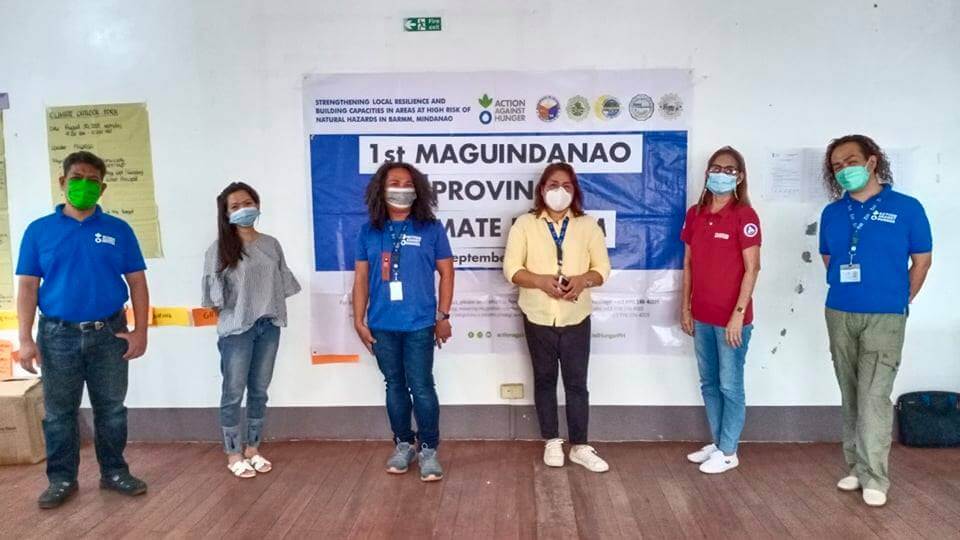More than 3,000 people in risk-prone communities in BARMM have better access to market and financial services
Together with the United States Agency for International Developments’ Bureau for Humanitarian Assistance, we launched in April 2020 a two-year disaster risk reduction project. In the past two years, we have been working with our partner communities in the Bangsamoro Autonomous Region for Muslim Mindanao (BARMM) in ensuring that they are better prepared and more resilient against disasters.
One of the project’s approach was to introduce the culture of savings to participating families. They were introduced to financial systems through registration in online financial platforms. 50 community savings groups (CSGs) were organized. This was one of the strategies that paved the way for beneficiary households to integrate savings in their efforts towards financial sufficiency.
“Thank you so much for teaching us to value of having our own savings. We never prioritized this before…I have a lot of kids that I need to send to school. That is why I need to have my own savings for the benefit of my children.”
– Samrah Tayuan, Community Savings Group Member
Aligned to the provisions of Republic Act 10121 (Philippine Disaster Risk Reduction and Management Act of 2010) and the Department of Interior and Local Government (DILG)’s Operation Listo for Municipalities, the project’s main goal is to strengthen local government and community capacities towards resilience in municipalities which are high risk and vulnerable to natural hazards in Mindanao, Philippines.
A total of 3,750 people also have better access to market and financial services through the of the ‘Strengthening Local Resilience and Building Capacities in Area at High Risk of Natural Hazards in BARMM, Mindanao’ project.
Overall, we were able to reach 17,601 people with our activities that are in line with Risk Management Policy & Practice; Agriculture & Food Security; and Economic Recovery and Market Systems (ERMS).
For more information, check out the Project Catalogue
‘Strengthening Local Resilience and Building Capacities in Area at High Risk of Natural Hazards in BARMM, Mindanao’ is a disaster risk reduction project funded by the United States Agency for International Development’s Bureau for Humanitarian Assistance (USAID-BHA) and implemented by Action Against Hunger. Read more







